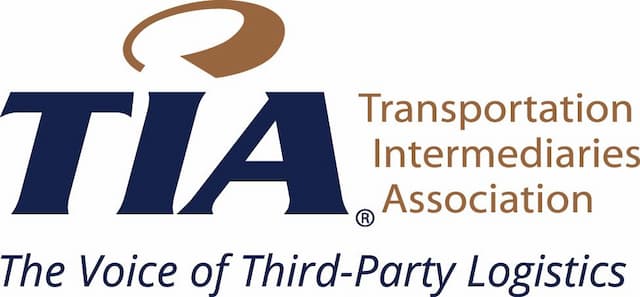Difference between 3PL vs Freight Broker
In logistic services, information is moved from the point of origin to the point of consumption to meet the needs of customers and corporations. This is where materials are manufactured and distributed in the correct quantity to the end user.
These services include customs process management, manufacturing plant setup, and assembly setup.
E-commerce enterprises have reached their pinnacle thanks to technological advancements. Because of the fierce rivalry in the eCommerce industry, it’s critical to stand out by providing outstanding services and managing every element that connects supplier and consumer. The most efficient labour force is third-party logistics and freight brokers, who have a beneficial impact on the company’s bottom line growth.
3PL providers
A 3PL provider, also known as a third-party logistics provider, is a company that offers a wide range of outsourced logistics and transportation services to meet the demands of various businesses. 3PL works with a variety of partners, including freight carriers, enterprises, warehouse suppliers, brokers, and vendors. They link with a variety of businesses to organise big logistical activities.
3 PL providers deliver the following services:
Freight forwarding
Third-party logistics companies also operate as freight forwarders, transporting items from producers to distribution centres.
Load management
3PL companies specialize in load management by providing a temporary storage system for items and a warehouse.
Loading and distribution
Organizing the loading and distribution of commodities to their eventual destination.
High-security storage
A high-security service for the loading, shipping, storage, and dispatching of volatile and delicate goods is one of the key functions of 3PL providers.
Fleet optimization
Fleet optimization using AI mapping and modelling based on the kind of goods and products
Tracking system
Tracking of goods by using GPS device to ensure the proper shipping and delivery.
Supply chain management
Every aspect of the client’s logistical requirements is managed by the 3PL supplier. Transportation, warehousing, and order fulfilment are examples of
these services.
With the right tools and infrastructure, 3Pl providers help eCommerce business owners to achieve their goals more efficiently.
Freight Broker
A freight broker serves as a link between shippers and trucking companies, transporting products and materials to their final destination. By providing information on the trucking company, a freight broker makes the shipping process easier for shippers. Instead of wasting time looking for and debating solutions, they can cooperate directly with one another.
Difference between a 3PL and Freight Broker:
Although 3PL (3rd party logistics) and freight brokers both serve the same purpose of bridging the gap between shipping and the consumer, however, their approaches are somewhat different.
• Loading, dispatching, inventory management, load management, warehouse management, and commodities delivery are all included in 3PL.
A freight broker performs tasks related to certain events throughout the logistics process.
• 3PL is a one-stop shop for all aspects of the shipping process. It is dependable and capable of building long-term relationships while also completing goals. A freight broker’s ability to transport products between shippers and carriers is restricted.
• Unlike freight brokers, 3Pl suppliers cover a wide range of services rather than focusing on a single shipment.
• Due to the extensive range of services offered by 3PL, they will be able to establish long-term connections with their clients. Freight brokers, on the other hand, are only a component of the complete shipment process, from the place of origin to the final destination or consumer.
• 3Pl suppliers have Shipping equipment, including freight trucks, warehouses, stocks, and manpower, to help eCommerce businesses grow extensively. Freight brokers, on the other hand, do not have any inventory or shipping equipment.
• Third-party logistics companies are fully responsible for all logistical activities, including collecting, storing, dispatching and delivering items.
Because of their large coverage area, they have more robust functioning. Freight brokers, on the other hand, are not in charge of transporting goods from manufacturers to consumers.
• Third-party logistics providers invest in both technology and labour. They have a fleet of different freight vehicles to convey products. A freight broker, on the other hand, serves as a go-between for shippers and carriers to facilitate the transportation process.
• 3PL providers load, wrap, transport, store, ship, and distribute products according to customer needs. It offers a comprehensive range of services to
eCommerce businesses on one platform.
When it comes to product distribution, outsourcing 3PL provider services might help you obtain a competitive advantage. These services specialize in distributing goods by land, sea, air, and multimodal locations. They cultivate strong and trustworthy relationships with producers, carriers, and customers, boosting consumer trust in manufacturers. Time and money of client are valuable to third-party logistics. They are tech savvy and determined with fully stocked inventories and shipping tools. They deliver services that are faster, safer, and more efficient in eCommerce industry.

